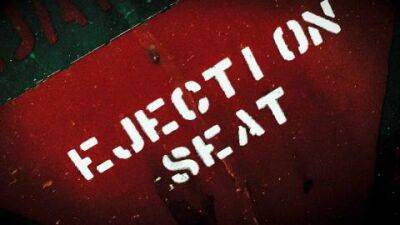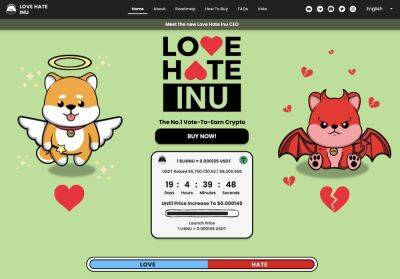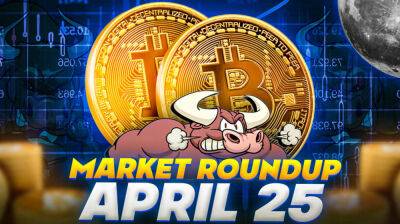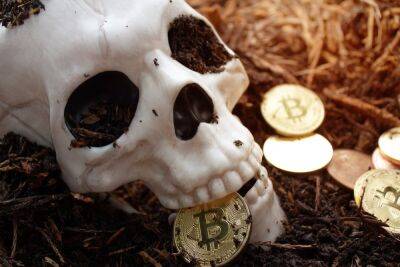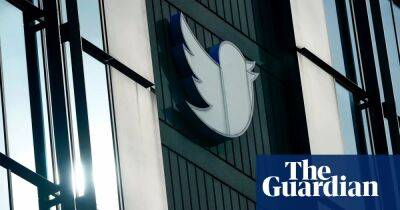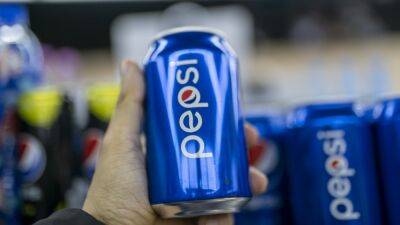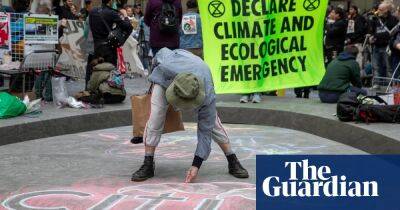WeWork mugs for $500: 10 of the strangest merch items from companies that crashed
Y ou’ve just been laid off from your job at a once mighty startup that was going to change the world. The New York Times has exposed your CEO’s fraudulent business model. Investors have freaked. The stock market is hemorrhaging. Your office keycard doesn’t work. What you do next is very important: go raid the merch closet.
By now, we’ve all seen enough rise-and-fall documentaries to know how this sort of thing plays out. First come layoffs, then lawsuits, and perhaps a prison sentence for bosses like Theranos’s Elizabeth Holmes or Enron’s Jeffrey Skilling. One thing we hear less about: the killer resale market that comes with an era-defining financial disaster.
Corny brand merch like T-shirts and mugs suddenly become hot collectibles. It’s all profit for disgruntled employees who acquired the office swag for free, or those in the industry who picked up complimentary items at conferences.
This happens fairly quickly: as the Wall Street journal reported, Silicon Valley Bank items hit eBay just a few days after the bank’s collapse. Coffee tumblers, blankets and cheese boards were all up for sale. The cheese board alone cost $200.
It’s a niche, but dedicated, market. One investor named Ted Aronson told the publication he had probably spent about $25,000 on financial memorabilia during his time in the field. Items like a Bernie Madoff portrait and an Enron code of ethics booklet decorate his Pennsylvania office.
Anna Sorokin, the so-called SoHo grifter, said she “ironically” purchased an FTX sweater to wear to a Christmas party last year. This week she also purchased an SVB hoodie for, as the Journal put it, her “growing collection of financial-disaster swag”.
Ready to make the great American tradition of failing upwards – until
Read more on theguardian.com




